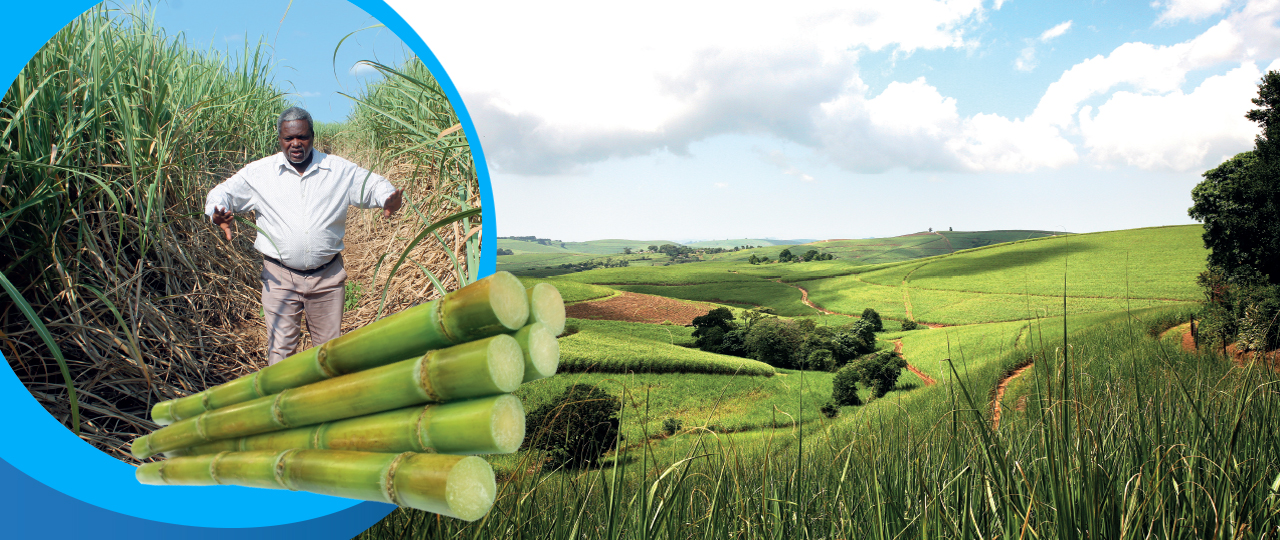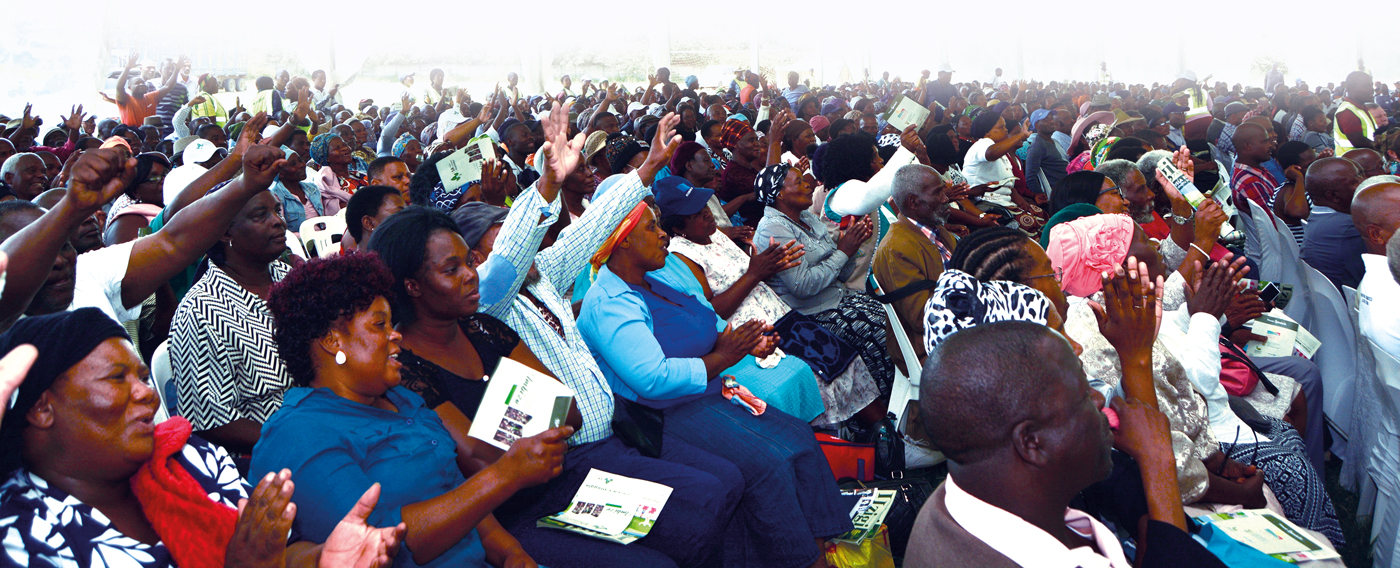The South African Cane Growers’ Association was established in 1927 to create a common platform to address grower issues.
As a registered non-profit company under the 2008 Companies Act the association assures growers of good governance, transparency and accountability with respect to their member contributions.
Today, SA Canegrowers protects the interests of its members by:
- lobbying for an appropriate legislative environment,
- negotiating the best price for their cane,
- ongoing research and analysis, and
- providing growers with critical information to allow them to make sound decisions at farm, mill and industry level.
Through advocacy and structural support, SA Canegrowers furthers the interests of all its members both at national and local government level as well as within the industry itself.
Information gleaned from the annual cost surveys is audited and used to defend the economic circumstances of all growers with:
- ITAC for tariff applications,
- SARS for special dispensations for smallscale growers such as the VAT flat rate and the diesel rebate,
- Bankers when considering their investment in sugarcane farming,
- the European Union when considering access to their market,
- the Department of Trade and Industry when considering the required in-flow of sugar from neighbouring countries.
This knowledge drives applications for:
- funding
- research
- innovation and development and
- any submission to the South African government on proposed legislation, the economic impact on growers is considered and lobbied.
SA Canegrowers is specifically structured to ensure equitable and fair representation of all growers in the industry. No individuals are members of SA Canegrowers, instead, there are 26 member-organisations that constitute the members of SA Canegrowers. SA Canegrowers has 14 local grower councils who assist and support growers within their communities and districts across the sugarcane growing regions of the country. These grower councils are supported by the SA Canegrowers staff of which 50% are women. The association is strategically led by its Board and the SA Canegrowers Congress.
All growers are supported through key divisions of SA Canegrowers who have industrial oversight including the:
- protection of the local market from imports,
- export of surplus sugar,
- setting of the notional price of sugar,
- fixing of the recoverable value price,
- pest and disease control,
- the single export channel,
- the research on cane varieties and
- cane testing services.
Dedicated resources are provided to members by locally based:
- SA Canegrowers’ Area Managers,
- Senior Agricultural Business Advisors and
- Agricultural Business Advisors in each of the 14 mill areas.
SA Canegrowers dedicates R15m of a R50m budget to support of smallscale and land reform beneficiary growers. Of the 22 949 growers, 21 581 are small-scale growers and 1 368 farm sugarcane commercially. These members employ 11% of South Africa’s agricultural workforce creating 85 000 direct jobs. Grower revenue totalling R9 billion impacts the economies of deep rural areas of KwaZulu-Natal and Mpumalanga.
In line with the South African government’s policy to transform land ownership in the country, 22% of white owned land has been transferred to black ownership. South Africa’s sugarcane crop contributes 14% to the national GDP, pays 0.5% of the country’s tax revenue and contributes 0.3% of the national salaries and wages bill.

